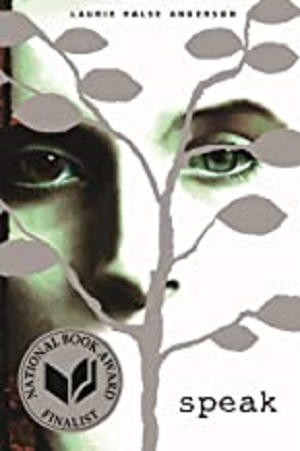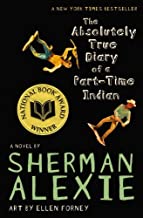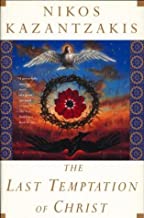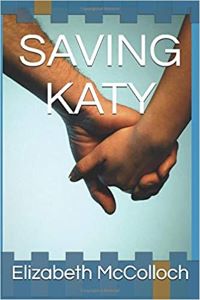- Home
- Banned Books
Banned Books
What are some of YOUR favorite banned books?
Books are constantly being challenged and sometimes banned.
Book banning begins with an individual issuing a challenge. Challenges are defined as "an attempt to remove or restrict materials, based on the objection of a person or group."
Some folks attempt to keep reading material they don't approve of from others. Some books stay on the banned books list year after year.

Someone is constantly complaining about what is available for other people to read. There are always those who want to take reading material they don't approve of away from others.
Many of these challenges are directed at children's and young adult books.
Of course, if a parent doesn't want their child to read a particular book, that's their right. What is not their right is to decide for other people's children. But they often try, by attempting to have the book removed from a library.
Common reasons are racism, violence, sexually explicit, and unsuited for age group.

Speak is a story of teen rape and its effects. Written by Laurie Halse Anderson and published in 1999, it won eight state book awards and was a finalist for eleven.
Melinda's friends – now her former friends – will have nothing to do with her. Melinda had gotten them in trouble. She had called 911. The cops came and broke up the party. Some of the kids were arrested.
Rachel and the other students don't know the real reason Melinda called the police. She had fled the party and walked home.
Read more here.
* * *

The Absolutely True Diary of a Part-Time Indian.
This young adult book that's been challenged time after time is a National Book Award winner.
Reasons cited for this one include sexual references, profanity, violence, gambling, underage drinking, and for its religious viewpoint.
This is a wonderful little book that would be great for class discussion. If the focus is on the story itself, much can be learned from it.
So, why are there so many attempts to ban books? Why is it some folks think they should decide what other people -- or other people's kids -- read?
A lot of the time it's for religious or political reasons. Something about the book offends them, so they try to have it taken from the library shelves.
The attempt usually backfires, and the book becomes more widely read. People want to see what the big deal is.
So maybe I should be thanking the would-be censors. I've come across several good books myself, because of complaints about them!
Read more about The Absolutely True Diary of a Part-Time Indian here.
Attempts to censor books for adults happen frequently as well.
Glenn Youngkin, Virginis's Republican governer-elect targeted Beloved in a campaign ad that featured a parent upset that the novel was taught to her son when he was a senior in high school.

Sethe was born a slave and escaped to Ohio, but eighteen years later she is still not free.
She has too many memories of Sweet Home, the beautiful farm where so many hideous things happened. And Sethe's new home is haunted by the ghost of her baby who died nameless and whose tombstone is engraved with a single word: Beloved. Filled with bitter poetry and suspense tight as a rope, Beloved is a towering achievement by Nobel Prize laureate Toni Morrison.
Read more about it here.

Nikos Kazantzakis' The Last Temptation of Christ (1960) had religious people all across the country having fits about the book and the movie. Not to mention telling lies about them!
The author was excommunicated from his church. Theaters were picketed. The film was banned in several cities. (Including the one where I live.) Video stores wouldn't carry it. (Only one in my town did.)
Read more about it here.
More Banned Books
Black Like Me White people would do well to read this book It's the non-fiction account of author John Howard Griffin, who darkened his skin
to see what life was like for a black person in the south.
Bastard Out of Carolina As if being the illegitimate child of a teenager from a dirt poor family isn't bad enough, Ruth Anne "Bone" Boatwright's real troubles begin when her mother marries Daddy Glen.
The Grapes of Wrath by John Steinbeck. The story of sharecroppers in Oklahoma driven from the land during the Great Depression.
Nickel and Dimed, a 2001 non-fiction book by Barbara Ehrenreich shows us what it's really like to live and work in the world of poverty wages.
To Kill a Mockingbird is one of the best-loved stories of all time. And one of the most frequently challenged.
* * *

My book, SAVING KATY, is about a young family split apart when Katy follows her mother into a non-denominational church that turns out to be more like a cult. As Katy's husband learns more about the beliefs of the church, he tells Katy he will not have their children exposed to such teachings. He vows to do whatever is necessary to see that it doesn't happen.
Available from Amazon
Back to For Love of Books
Copyright © 2025 for-love-of-books.com
New! Comments
Have your say about what you just read! Leave me a comment in the box below.